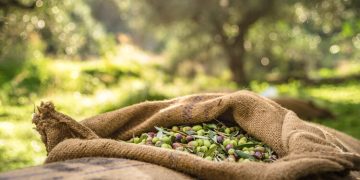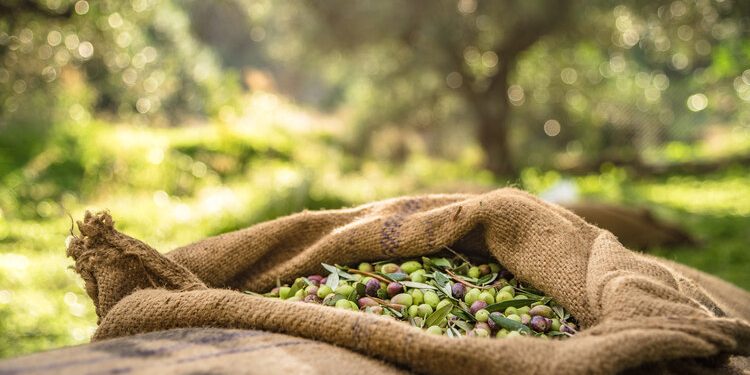#oliveoil #drought #climatechange #agriculture #resilience
Recent months have seen an unprecedented rise in global olive oil prices, with prices surging by nearly 150% following a severe drought that has destroyed olive harvests in the Mediterranean Basin. The iconic olive tree, with its ancient gnarled trunk sprawling across the Mediterranean landscape, is now facing one of its biggest challenges as a result of this crisis.
According to recent reports, the drought has had a devastating impact on olive groves, leaving growers with little choice but to raise prices in order to cover their losses. Moreover, experts predict that the situation will only worsen as temperatures continue to rise, putting additional pressure on already strained supply chains.
However, despite the challenges posed by this drought, there are also opportunities for growers to adapt and thrive in this new climate. With a greater focus on climate-resilient cultivation methods and alternative revenue streams, Mediterranean growers can position themselves to reap the benefits of a more sustainable and resilient agriculture.
The drought-induced olive oil crisis serves as a stark reminder of the urgent need for transformative action in the face of climate change. While the immediate impact of this drought is felt most acutely by growers and consumers alike, it also provides an opportunity for a more holistic approach to agriculture that prioritizes sustainability and resilience.
By embracing a systems approach to climate adaptation and innovation, we can create a more resilient agricultural system that is better equipped to withstand the impacts of climate change while seizing the potential benefits.































